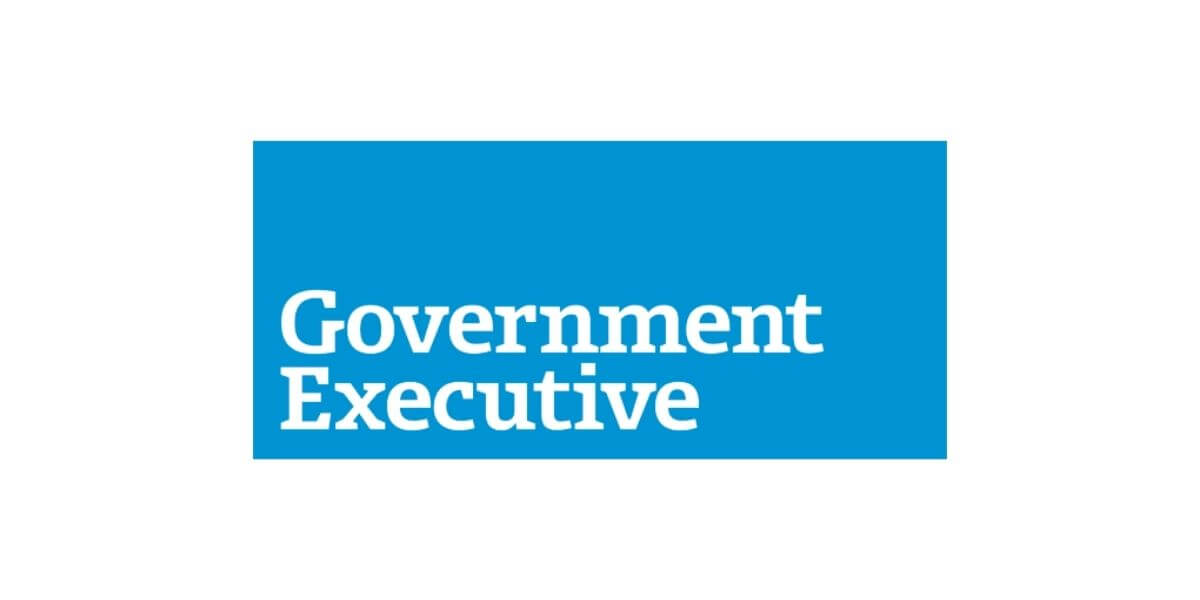New pay claims for active-duty federal employees possible after Supreme Court decision
WASHINGTON, D.C. (Government Executive) — A recent ruling by the Supreme Court could mean a new rash of pay claims for federal employees who may also serve as military…
Troy mayor says new city hall will be at historic former theater
TROY, NY (Albany Business Review) — The historic former Proctor’s Theatre in downtown Troy would be converted into the new city hall under a plan announced Tuesday by…
‘We’re doing it’: Troy Mayor Carmella Mantello announces future home for city hall, former Proctor’s theater
TROY, NY (WAMC) — The former Proctor’s Theater in Troy will soon be the new home of city hall. But not all city leaders like the plan. The controversial move was…
Proctor’s Theatre to become new home for Troy City Hall
TROY, NY (WNYT) — Proctor’s Theatre in Troy will be the new Troy City Hall, officials announced on Tuesday. The city has been searching for a permanent home for many…
Mayor: Troy City Hall to move into former Proctor’s Theater
TROY, NY (Times Union) — Troy’s political drama will soon play out in an actual theater. Mayor Carmella Mantello said Tuesday that she plans to move city hall operations…
‘This is history’: Proctor’s Theatre chosen as new Troy City Hall site
TROY, NY (Troy Record) — Proctor’s Theatre plans to be the next Troy City Hall. Mayor Carmella Mantello, some City Council members, stakeholders, and representatives from…
Troy mayor proposes new home for City Hall
TROY, NY (Spectrum News 1) — Troy Mayor Carmella Mantello on Tuesday announced the new proposed site for City Hall in a place that used to be the center of downtown – the…
Some point to a ‘gap’ in New York’s sex offender registry system
SYRACUSE, NY (Spectrum News 1) — An incident in New York is reigniting the debate over sex offender registration policies. There are three levels of sex offender status in…
Troy’s City Hall finds new home in historic Proctor’s Theatre
TROY, NY (WRGB) –Troy is getting a new city hall. The Mantello administration announced Tuesday morning that they would be moving to the historic Proctors Theater on 4th…
Mayor announces new Troy City Hall location amid viability concerns
TROY, NY (WTEN) — Troy Mayor Carmella Mantello announced a new location for city hall on Tuesday. It comes amid concerns around the city’s current lease agreement.…








